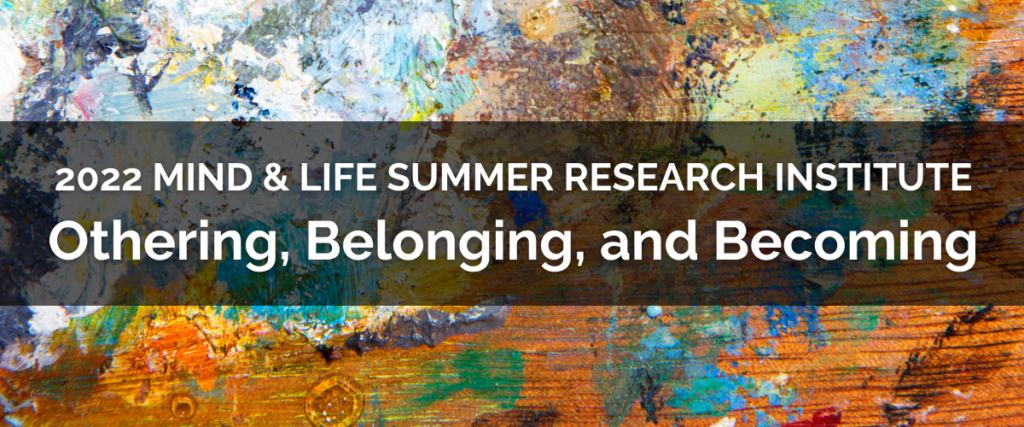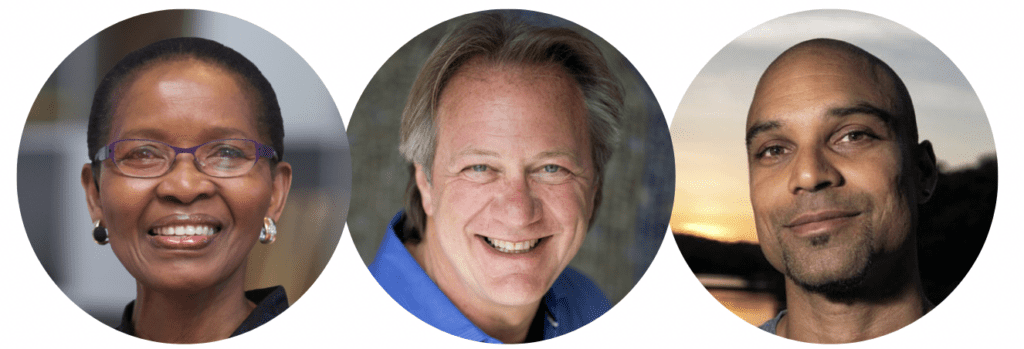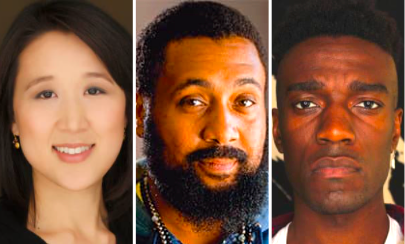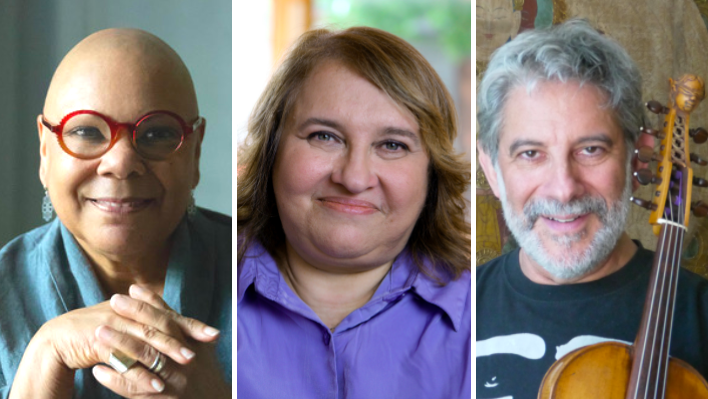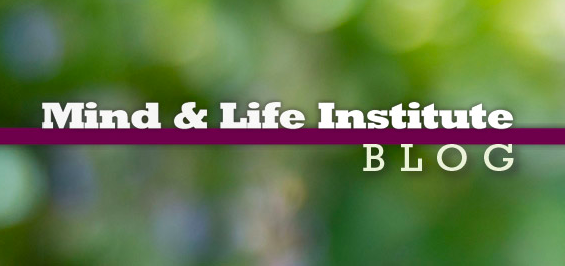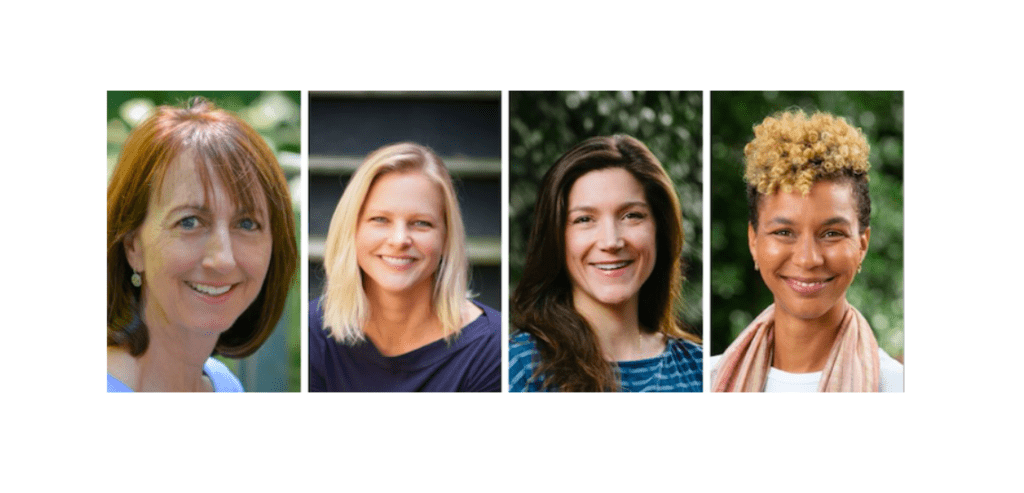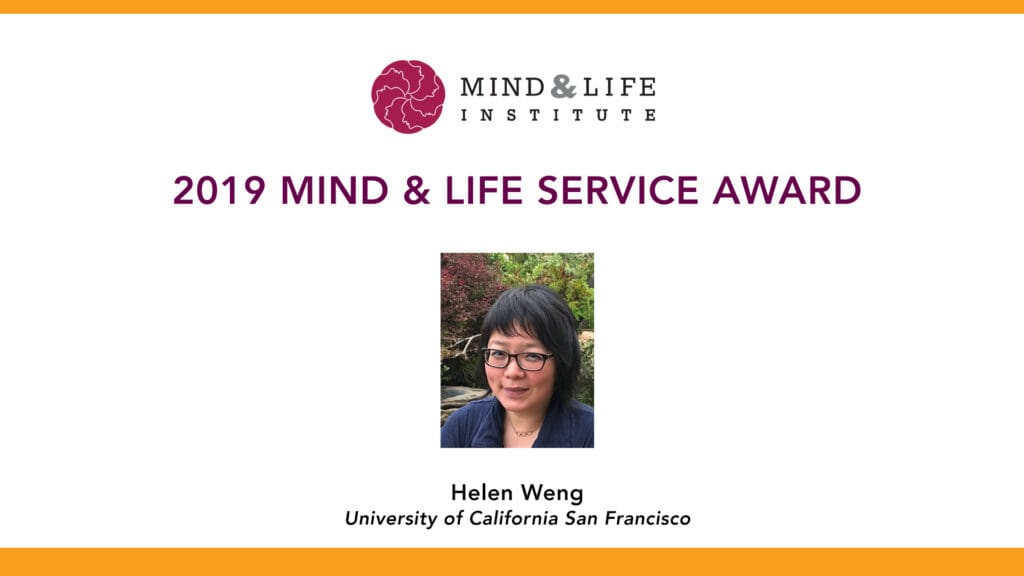At the heart of the Mind & Life Institute’s work is nurturing understanding and action toward a world that embraces our shared humanity. We recognize that barriers to realizing our fundamental interconnectedness exist not only in the human mind, but are deeply embedded within institutions and structures. Our commitment to dismantling institutional racism begins at home. In 2017, we started looking deeply at how to advance the principles of equity, diversity, and inclusion (EDI) within our organizational structure, processes, and programs. Below are Mind & Life’s areas of focus in anti-racism as we continue this work as an expanding learning community and in accordance with our values.

Internal structure and systems: Change begins within. Guided by trusted consultants and advisors, we have engaged in a self-reflective journey, beginning with acknowledging the role of white supremacy and systemic racism within our organizational culture, and examining our racial conditioning as individuals. Consistent with our mission, contemplative practice has played an integral role as we engage in purposeful inquiry into issues involving race, gender, sexual identity, and what constitutes mindful leadership. This unfolding process has resulted in new institutional norms, including greater efforts to increase diversity among our staff and advisory bodies, and creating a Land and Peoples Acknowledgement.
Grantmaking: Historically, contemplative research has been dominated by a largely racially and ethnically homogenous group of scientists, scholars, and practitioners from a handful of academic institutions. This homogeneity has reinforced societal imbalances and biases. We recognize that to truly understand the human mind and the impact of contemplative practices, it must be through an inclusive approach that integrates diverse perspectives and experiences. To this end, we have introduced changes in our grantmaking policies, guidelines, and reviewer processes. Among these, we encourage applicants to consider the demographics of research staff and participant populations; design research protocols that take into account accessibility, cultural norms, and values; and investigate research questions relevant to understudied populations. Increasingly, our grantmaking will support research-practice partnerships aimed at enriching our shared knowledge and its application to real-world challenges.
Events: We believe that fostering dialogue among individuals from diverse backgrounds and perspectives is essential to achieving deep-level understanding of complex issues and solutions to shared challenges. Through our in-person and digital events, we are committed to creating spaces for healing, resilience, and transformative learning. Each of our program planning and review committees must now include at least two individuals who identify as BIPOC (Black, Indigenous, People of Color). To diversify representation at events, since 2016 we have continued to expand our outreach and scholarship opportunities. Participants and presenters increasingly reflect more diverse backgrounds, races, ethnicities, and geographies. Our work in this area continues to deepen as reflected in the themes we elevate and examine through our events (e.g., Engaging Cultural Difference and Human Diversity) and communications (e.g., Can We Change Racial Bias?).
We recognize that creating a more inclusive and anti-racist organization that truly honors diverse perspectives and experiences is a long-term process that begins with each and every one of us, the intentions we set, and the choices we make. Listening and learning is a continual part of this work. Mind & Life is committed to showing up and taking action with humility and compassion in pursuing a more peaceful, equitable future for all. See examples of recent EDI work below.
If you have any questions or comments, please contact president@mindandlife.org.

